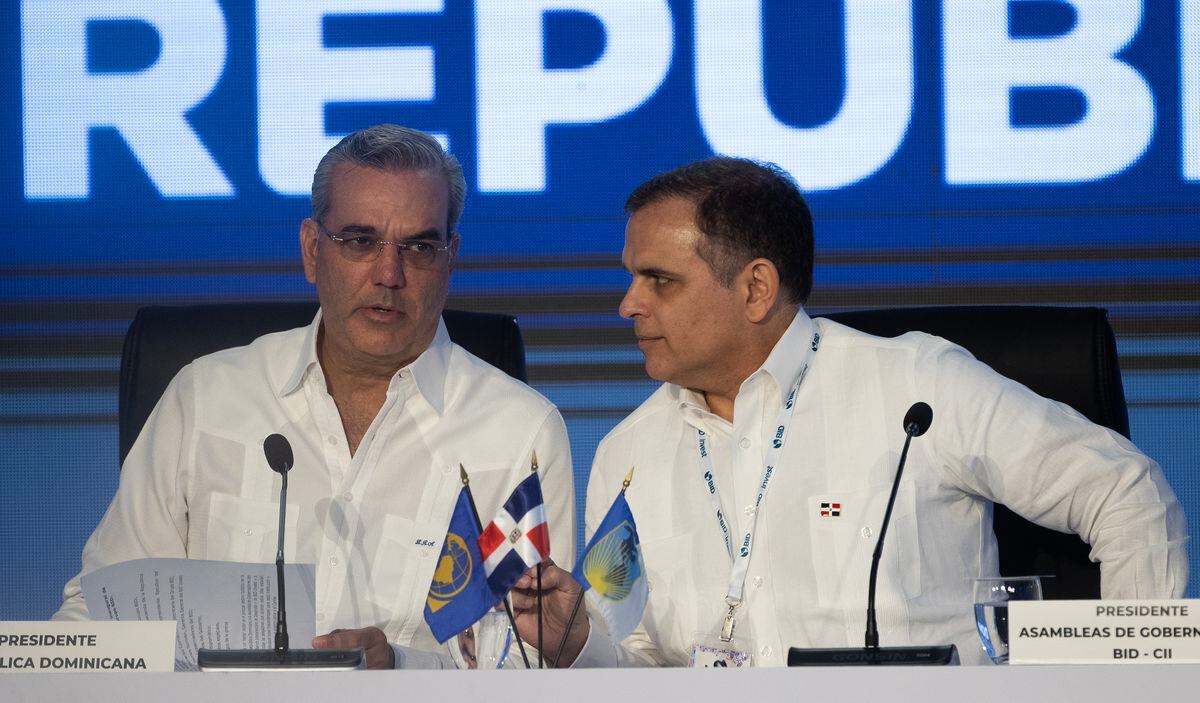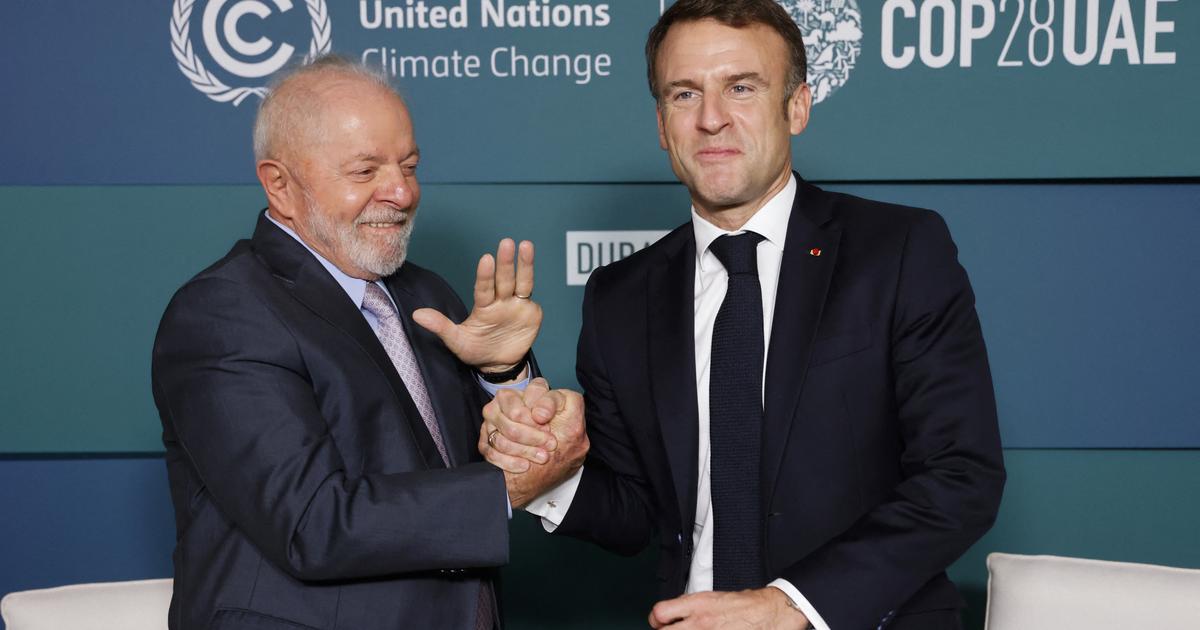The European Union wants to rediscover Latin America in a possible EU-CELAC summit and with a new attempt to sign the Mercosur-EU agreements as spearheads.
Nothing new under the sun!
They insist on the same exhausted themes and approach strategies, losing the opportunity to be creative with new proposals.
In this way, the EU misses the opportunity to be a strategic partner of Latin America in the sustained reduction of inequality and poverty, or of the violence generated around cocaine and its related industries, which destabilize and corrupt States and societies.
The insistence of the EU on the Mercosur-EU agreements as a central proposal with respect to Latin America is strange, especially when they directly affect only six countries and the failure that their 20 years of negotiation imply is evident.
In an interview published last October in the magazine
Pensamiento Latinoamericano
, Josep Borrell, High Representative of the EU, mentions Mercosur nine times;
once, inequality;
and, he does not mention poverty.
Instead of insisting on negotiating with this deficient regional integration system, one could opt for agreements with specific countries, as has been done with great success.
For example, we could change the axis to more political proposals on fundamental issues for the future of Latin America, such as inequality and poverty;
even adopting their own perspective and different from the North American on drugs, to treat it as a political and economic issue, not basically police.
Critics of this type of approach, thought from the North and global problems, point to little receptivity and empathy regarding the proposals and needs of the countries of the South and their circumstances.
The centrality of the agreements in the policy towards the region is related to the influence on the decisions of the EU and its States of an epistemic community, with a narrative that makes the agreements good per se.
From a normative position, they assume that regional integration processes are positive and desirable at all costs, even though empirical evidence does not prove them right.
For this reason, their analyzes focus on the hypothetical advantages, instead of assessing the weight of restrictions, such as the fact that Argentina and Brazil are two of the most closed economies in the world, or the few state capacities to control pollution from
agribusiness.
of soybeans.
In addition, they pay very little attention to explaining the resistance of European countries to the agreement, or that Chile, which has been on its own since it left the Andean Pact in the 1970s, is an example of successful international insertion.
Although Borrell has stated that a new stage of bi-regional relations must use "political and economic instruments in a more coherent way and identifying not only risks, but also opportunities", in his speech he continues to use the old argument of the relevance of investments of the EU in Latin America.
This is an archaic view that epitomizes asymmetry and reflects the primacy of business interests over others.
In addition, he relegates to the background the aforementioned desire that the possible Mercosur-EU agreements and others, such as those signed with Chile or Mexico, support a relationship that goes beyond the economic and commercial aspects to focus on the political.
The position of the EU persists in the voluntarism that sees a necessary common destiny between the two regions.
In this sense, Borrell maintains that the EU and Latin America must "understand that they are great allies to face together the challenges of the 21st century" and that these are "two regions that are among the most aligned in the world in terms of interests and values , and who share a similar vision of the type of societies we want”.
But it would be more realistic to look at the increase in differences and distance that the advance of the Chinese presence implies, or the increase in authoritarian tendencies and violence in the region, or the growth of xenophobic parties in Europe.
All of them are facts that strengthen what separates us and not what unites us,
On the other hand, the European Union has endorsed the proposal of the Carolina Foundation (Spanish parastatal body) that focuses the relationship between regions on "three transitions": digital, ecological and socioeconomic, in that order, judging by the emphasis on the green agenda and digitization.
This reflects a vision where post-material values prevail over materials linked to inequality and poverty.
Even recognizing that the three transitions seek to attack structural problems in the region, the effect of the first two on the third would be slow despite being the most urgent.
We could change the axis to more political proposals on fundamental issues for the future of Latin America, such as inequality and poverty;
even adopting their own perspective and different from the North American on drugs, to treat it as a political and economic issue, not basically police
The EU should have a narrative about "the immediate" and the solution to the specific and most pressing problems of Latin American societies. Isn't it strange that a person with problems of chronic poverty is told about the opportunities that the digital revolution will offer them? ?
Critics of this type of approach, thought from the North and global problems, point to little receptivity and empathy regarding the proposals and needs of the countries of the South and their circumstances.
They point out that they are being asked to take action without considering the increased costs to them.
For example, the change in the energy model and exploitation of hydrocarbons could create a strong budget deficit.
The European Union should abandon the convenience of always resorting to the Mercosur-EU agreements as the star proposal towards Latin America, because if it continues on this path, the feeling of distance and failure will only increase.
It is necessary to distance oneself from the position of those internationalists who have been writing about these agreements for twenty years, despite their stagnation, and make way for the inclusion of new agendas and problems.
It is necessary to promote its own discourse prioritizing issues such as poverty, drug trafficking or democratic strengthening, which require more urgent intervention due to the immediate destabilizing effect.
We are in time to make novel proposals, to approach the region, instead of fables about what should be.
Let's not miss a new opportunity!
Francisco Sánchez
is director of the Institute of Ibero-America at the University of Salamanca.
You can follow PLANETA FUTURO on
,
and
, and subscribe
here
to our 'newsletter'
.









/cloudfront-eu-central-1.images.arcpublishing.com/prisa/D6BPFYE4B5FMJAMYWLMWT3HYGQ.jpg)


/cloudfront-eu-central-1.images.arcpublishing.com/prisa/KMEYMJKESBAZBE4MRBAM4TGHIQ.jpg)


